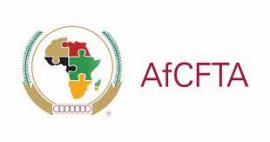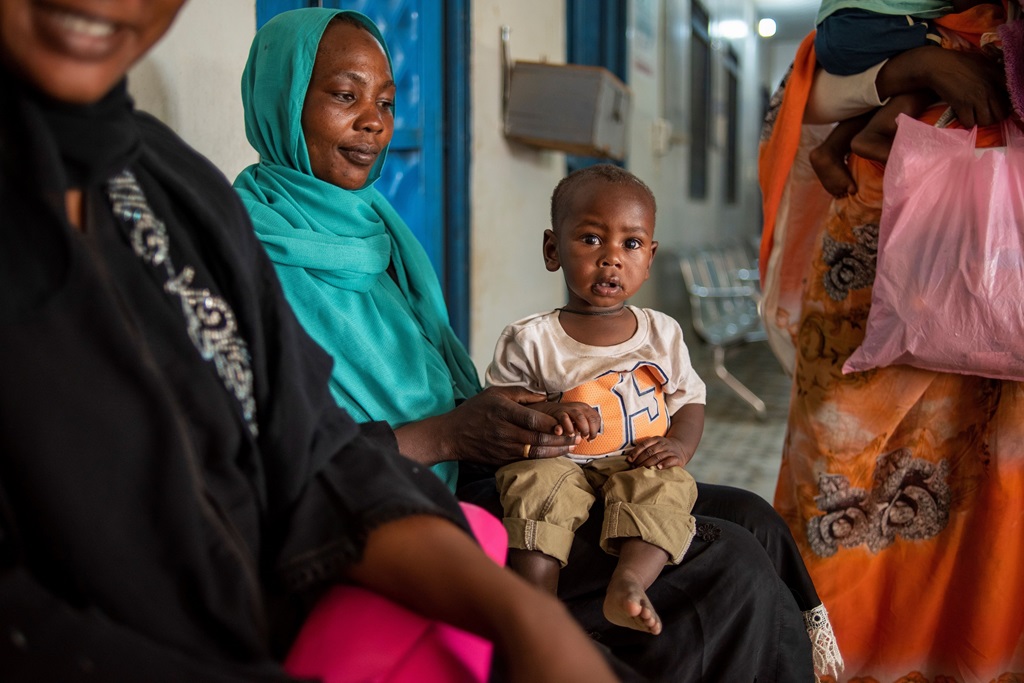During the ongoing holy month of Ramadan, millions of Muslims around Africa are feeling the pinch of inflation, as food and energy prices have been soaring in the wake of the Russia- Ukraine war and also due to the lingering effects of the Covid-19 pandemic and climate change-related events on the global economy.
African countries, where hundreds of millions of the world’s Muslims live, have been among the worst hit by price surges and shortages of key supplies. Double-digit food price inflation will weigh on the Middle East and North Africa (MENA) region this year, causing growth to slow to 3% from 5.8% last year, according to the World Bank’s latest regional report published on Thursday (6 April).
Egypt’s headline inflation rate is set to hit an all-time high of 33.6% in March, up from 31.9% in February, a Reuters poll showed on Thursday, following a continued shortage of foreign currency after more than a year of devaluations of the Egyptian pound. A hike in household electricity in July 2022, a recent liberalization of the prices of essential food commodities such as rice and a local poultry shortage are reported to be among the factors boosting inflation numbers.
Nigeria’s spiraling inflation rate has eroded the N30,000 monthly minimum wage by more than 40% since 2019, according to a recent report by Afrinvest Ltd, a wealth advisory firm has said. Nigeria’s macroeconomic fundamentals have come under significant pressure, and the elevated inflation rate has had a detrimental effect on the purchasing power of the average household, the report says. As a result, Nigeria has seen a considerable increase in the share of real disposable income allocated to final consumption expenditure.
Increasing food prices and uncertain supplies are making observation of Ramadan a challenge for millions of Muslims not only in Nigeria but also, for example, in Tanzania or Senegal. Due to the increased food prices, Iftar, the fast-breaking evening meal of Muslims in Ramadan, has become a challenge for many families in Tanzania. In Senegal, there is reportedly no meat on many tables around which families gather for Iftar, and charities in the West African country that distribute food during Ramadan are struggling to fund their usual donations.



